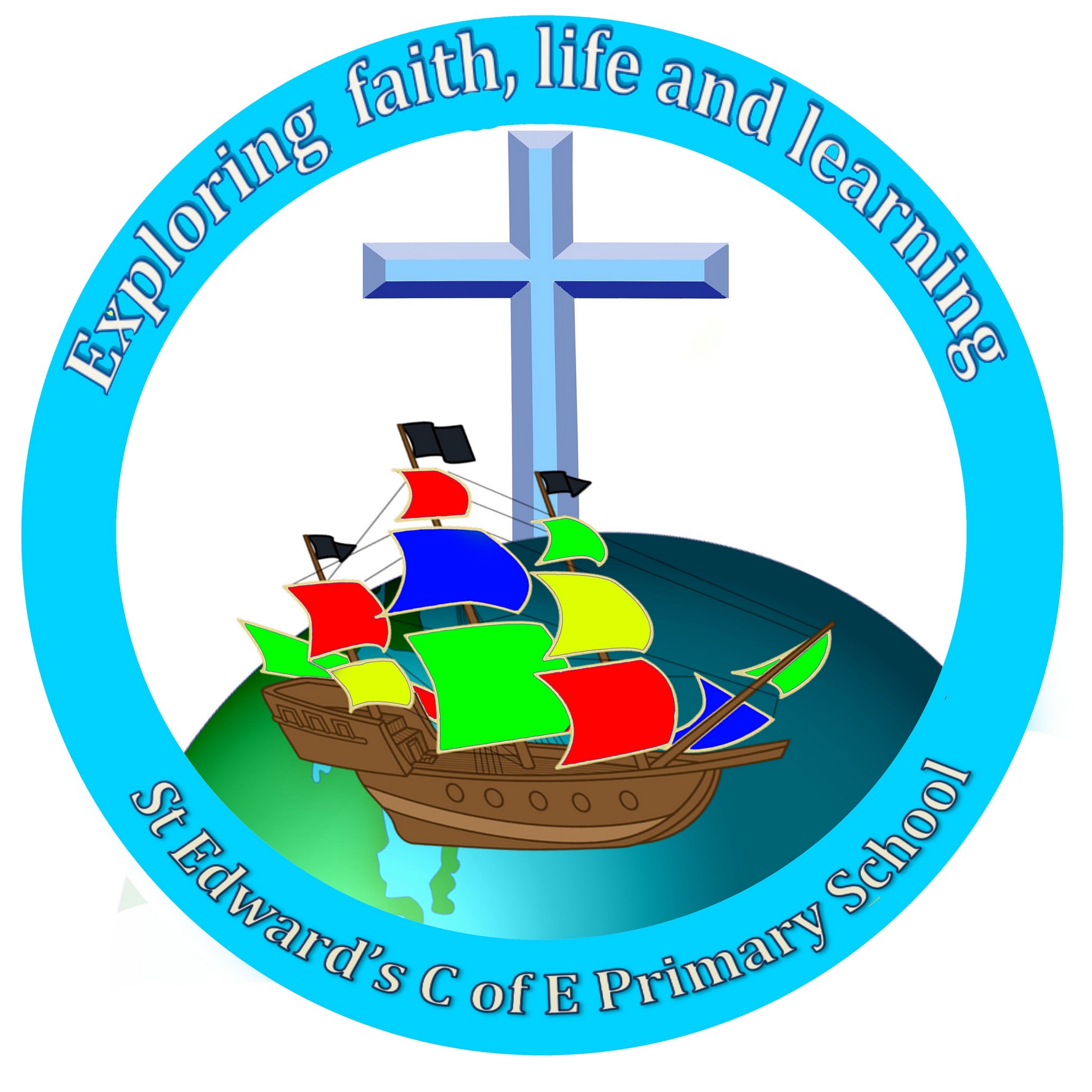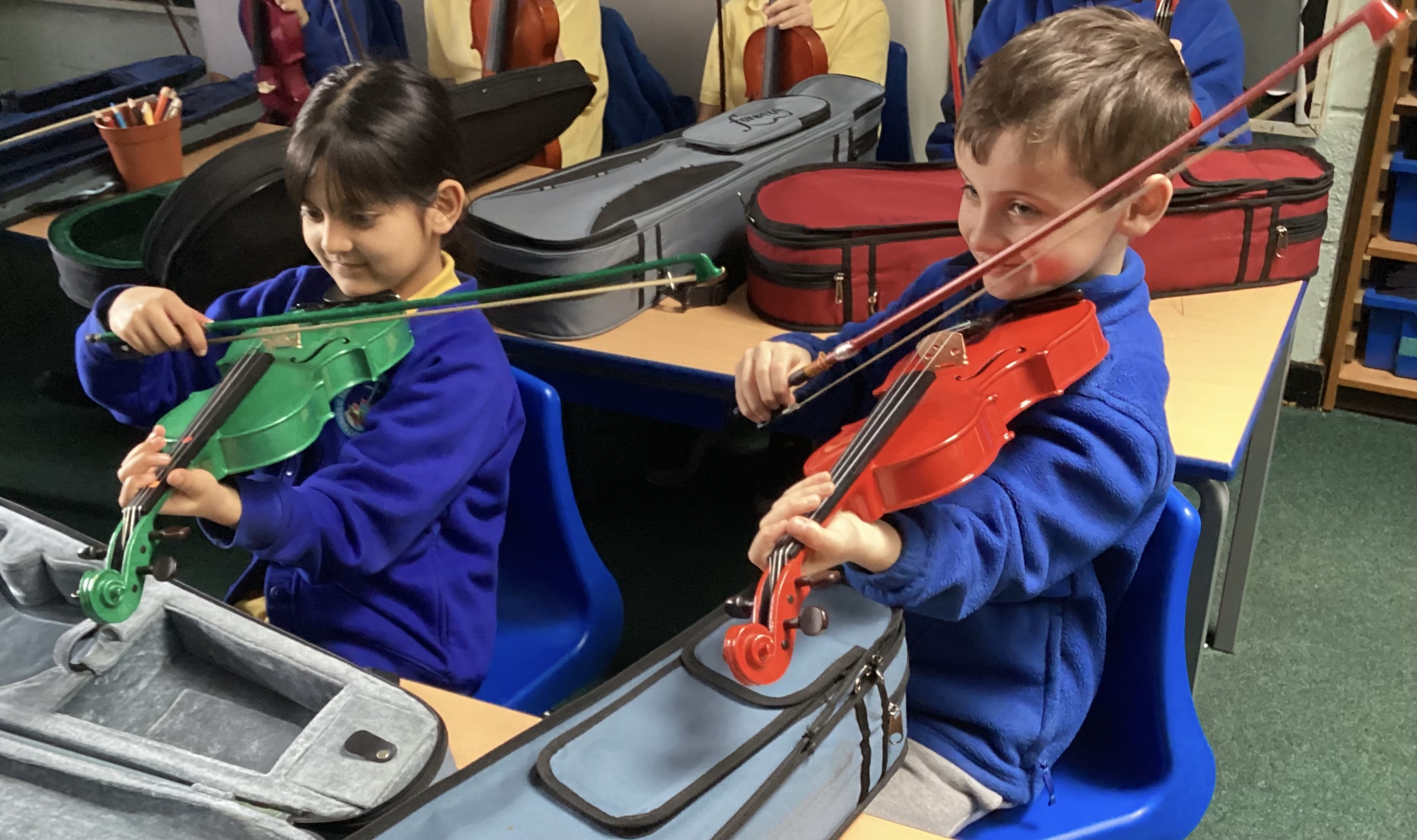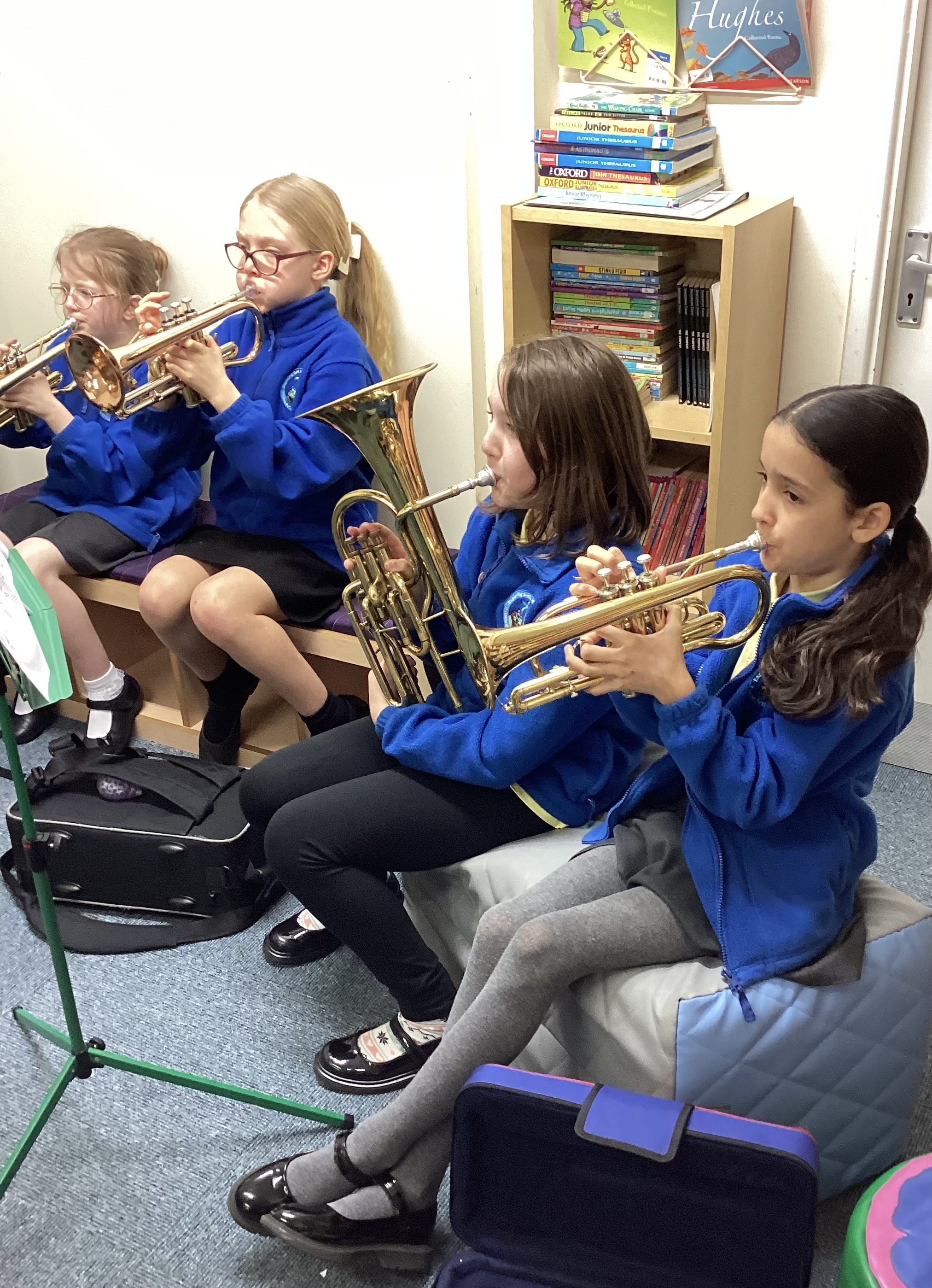Music
Music gives a soul to the universe, wings to the mind, flight to the imagination and life to everything.
Plato
At St Edward’s we value music because it is a powerful and unique form of communication that can change and impact the way children feel, think and act. We believe that teaching music helps the body and the mind work together. Exposing children to music during early development helps them to learn the sounds and meanings of words. We believe at St Edward’s that every child should have the opportunity to develop their musical potential and we aim to nurture and encourage musical development across the school. All children are actively encouraged and given the opportunity to learn to play a musical instrument, from standard classroom instruments to individual instrumental lessons with the visiting peripatetic staff.
Music expresses feeling and thought, without language; it was below and before speech, and it is above and beyond all words.
RObert G Ingersoll
Music Curriculum Aims
- To promote positive attitudes and enthusiasm for music.
- To ensure the children progress and develop their musical understanding.
- To appreciate how music has developed and changed over the course of history.
- To enable children to use instruments and ICT to compose their own music either for its own separate purpose or to combine with other aspects of the curriculum.
- To offer opportunities to perform, compose, listen and appraise.
Performing skills
Children will be taught to sing a wide ranging variety of songs and to use their voices
expressively. They have the opportunity to play tuned and un-tuned instruments with
increasing control and rehearse and perform with others, with an awareness of audience.
Composing skills
Children create musical patterns and are shown how to explore, select and organise musical ideas, recording and performing these in a variety of ways, (e.g.: pictorial score, by means of a digital recorder, tape recorder or video or using notation).
Listening and applying knowledge and understanding
Children have the opportunity to listen with concentration and to internalise and recall sounds with increasing aural memory.
They will:
- Develop a growing awareness of the eight musical elements: pitch, duration, pace, dynamics, texture, timbre, form, silence.
- Learn that time and place can influence the way music is created, performed and heard,
- Learn that music is produced in different ways and is described through invented and standard notations.
Appraising skills
Children are given the opportunity to explore and explain their own ideas and feelings about music, using music, dance, expressive language and musical vocabulary. They analyse and compare sounds and become confident at suggesting improvements for their own work and that of others.
Music Curriculum at St Edward's
Our children receive lessons which follow our scheme Kapow. Lessons are progressive and build upon prior learning. Vocabulary is repeated and built upon year on year. Key learning has been identified and is revised as much as possible. Music teaching at St. Edward’s is via discrete Kapow lessons, but will also sometimes link to the topic currently being taught in each year group.
Rochdale Music Service delivers whole class music tuition to Year 3. In these sessions the children are taught to play the violin. Whole class music tuition is for the whole year, for 1 hour per week.
There is provision for children to pay for lessons provided by peripatetic music teachers in the following: guitar; violin; cornet and piano.
Teachers often listen to music or use songs to support their lessons, and children have the opportunity to sing every day as part of our Act of Worship.
The Head teacher and Assistant Head lead weekly singing assemblies which include song learning and music appreciation.
Children are given the chance to perform at various times during the year in shows, plays, assemblies, KS2 carol concert etc. Christmas choir is popular with KS2 children.
Those children with a particular interest or aptitude in Music are given the opportunity to extend their education in a variety of ways, for example, choir or instrumental performances in Assembly/class - show and tell. We also have an end of year Music Concert where classes, choir and individuals showcase what they have been learning throughout the year.
Class teachers use assessment for learning to inform their class teaching and use adaptive teaching to ensure all children are able to access lessons.
Pupil Premium money is sometimes used at the headteacher’s discretion to pay for peripatetic music lessons.


